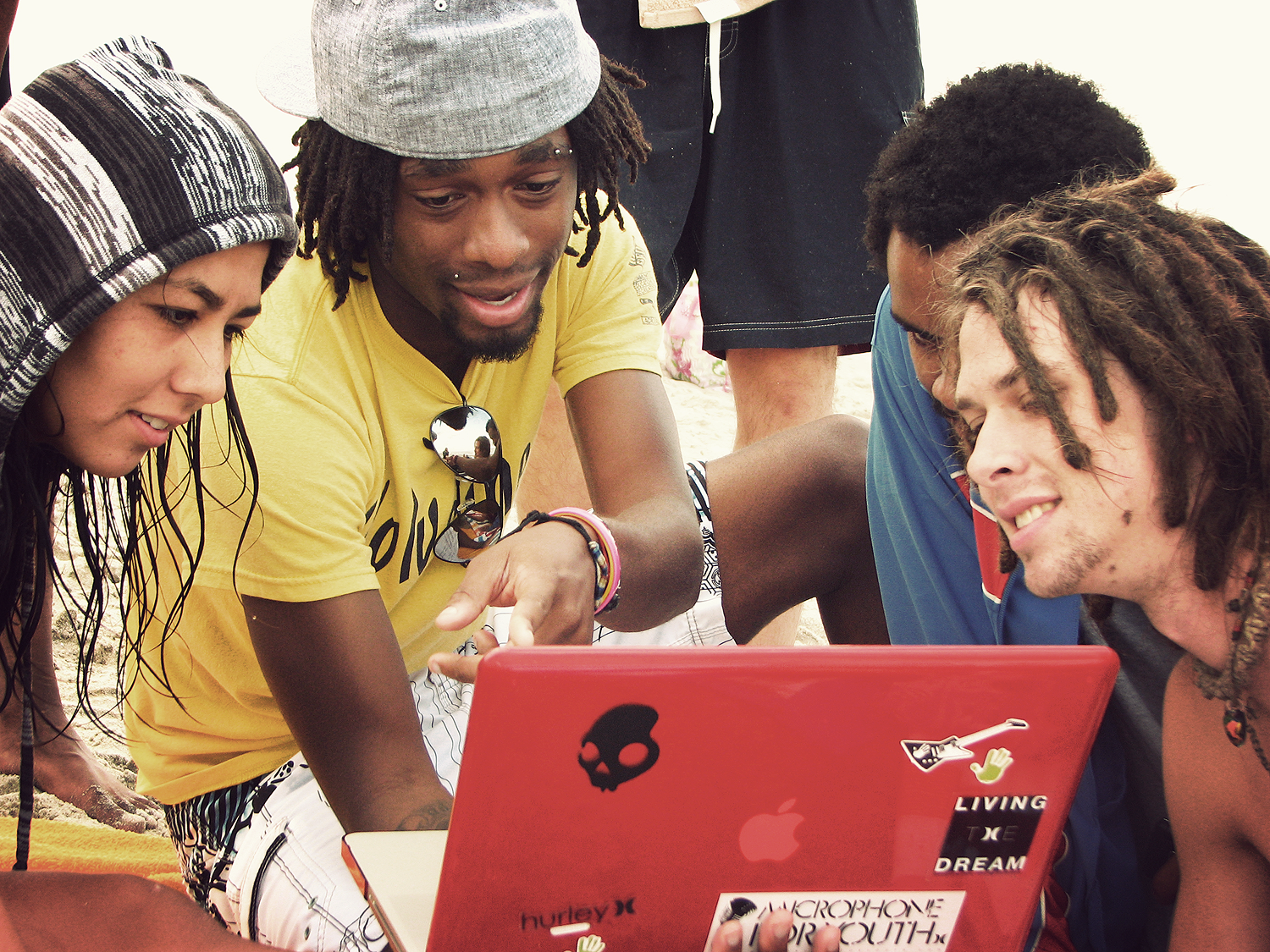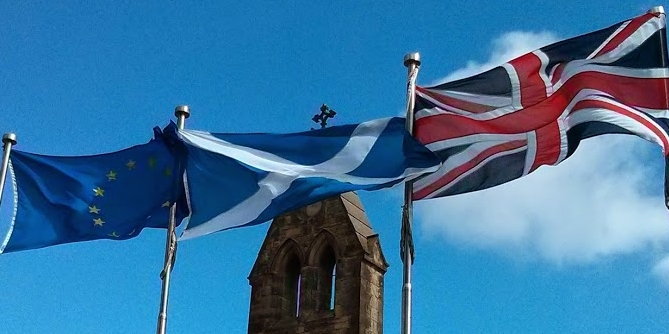Lelia Green, Professor of Communications at Edith Cowan University in Australia spoke at the 2014 Safer Internet Forum: Growing-up Digitally, which was held in Brussels on 6 and 7 November. Her presentation to the conference has been adapted for this blog.
In my 20s I was a BBC Television researcher/director for almost seven years, working mainly on children’s, teens’, community access and religious programmes. During that time I came to realise that children’s and young people’s perspectives are vitally important, often creative and sometimes unpredictable. These days I live in Australia and work at Edith Cowan University where my major job is to carry out research with children, families, and groups of people who are marginalised by society. Much of my time is spent investigating children’s and young people’s lives online, and some of this research is done in partnership with colleagues and collaborators in Europe, including the EU Kids Online network led by Professor Sonia Livingstone.
I want to share what I have learned about children (and young people) in my research, specifically in five ways: how children act, engage, relate, differ, and, finally, how children are everybody’s business. 
Children and young people … Act
Children are active in shaping their lives. They look for chances to make things happen, feeling power and pride in their achievements. Children have a right to be active and creative in public spaces, including in their use of apps, and their interactions on the internet.
Children also have the right to make mistakes. After all, they are young enough not to know better. We should explore ways in which to erase children’s digital records. They should have the right to have unwise, mistaken, actions “forgotten”.
Ensuring that children and young people can act safely, and without making a permanent digital record, is everybody’s business.
Children … Engage
Children engage with what they find interesting, educational, empowering and intriguing, including through their use of mobile media – smartphones, apps and the internet – connecting with family, friends and strangers. They have a right to enjoy the sense of autonomy, freedom and what psychologists call “flow”. Flow is a sense of such deep and creative engagement that a person is almost entirely wrapped up in the present. We see it on the faces of gamers, in the excitement of young people talking about a YouTube video, in the actions of a toddler allowed to open their favourite app.
Children have a right to do these things without being treated as a market by advertisers.
A breadth of engaged experiences helps children to recognise the occasional weird, or yucky, or exploitative or downright peculiar online experience. It gives them a broader context within which to place unsettling or upsetting events, and helps to build resilience.
Supporting children’s and young people’s delighted engagement with digital media, while minimising their risk of harm or exploitation, is everybody’s business.
Children… Relate
Children look for opportunities to build relationships. Family members are first – parents, siblings, grandparents and other relatives – then come the other important people in children’s lives; teachers, doctors, sports coaches, clergy, youth workers. Children’s friends are very important and, as they get older, young people become more interested in the views and experiences of strangers and others beyond their immediate circles.
Relationships are crucial blocks for building resilience. Children have the right to learn about relationships without older people, or commercial interests, taking advantage of them. They also have a responsibility to be kind to others, especially if those other people are younger, or less skilled in making relationships, or in some way special, perhaps through being on the Autism spectrum.
Supporting children and young people to make safe, trusting relationships is everybody’s business.
Children …. Differ
Every child changes constantly as they age: being aged two is very different from being aged four, being eight is nothing like being ten, and a fourteen year old has changed significantly by the time they turn sixteen. At the same time, same-aged children differ greatly from each other. No twelve year old is the same as any other twelve year old; they are all individuals with their particular perspectives and points of view.
Children differ. But what it is to be a child is also defined differently at different times and in different places. When I was growing up in Britain in the 1950s and 60s, you were a child until you reached twenty-one. This year, in Scotland, you could vote in the independence referendum at sixteen. I think our culture has confused the right to vote with arriving at the age of responsibility. There’s no other area of contemporary life in liberal democracies where a bio-chronological marker draws such a strong line in the sand. In the decades to come, I think we will look back and be surprised that we failed to recognise individual difference around the issue of when a person reaches full maturity.
Car insurance companies and neuroscientists have a different definition of being young and risky. Anyone who has ever tried to get drivers’ insurance for an under twenty-five year old knows that insurers don’t believe that drivers become fully responsible until past their mid-twenties. They load the premiums; they charge huge excesses. Neuroscientists agree. They say the brain keeps changing rapidly until around this time, and that we are not fully mature until we’re headed towards thirty. Perhaps that’s the point at which we should lose the right to be “forgotten”?
Recognising and respecting individual difference across the age-spectrum, and (I would argue) into the mid-twenties, is everybody’s business.
Children … are everybody’s business
Many institutions and technologies unintentionally harm some children, some of the time. The family, the church, education, health, the transport system: they all have the power to hurt children. So do some of the places we think of as being “safe as houses”: kitchens, bathrooms, stairways, windows, balconies and playgrounds – even with parents watching. The same is true of healthy, active sports and hobbies: skateboarding, snowboarding, water sports, soccer, rugby, ballet, and horse riding. Everything we do has some kind of risk associated with it.
The internet has risks too, but like all these other things, it also has benefits and offers opportunities.
Children have the right to use and explore the internet; and to discover more about themselves, and others, through their engagement with digital media. They have the right to learn from their mistakes in a supportive environment. It’s all our business to minimise the risks, to help keep children safe, to build resilience.
This blog post gives the views of the author, and does not represent the position of the LSE Media Policy Project blog, nor of the London School of Economics.





